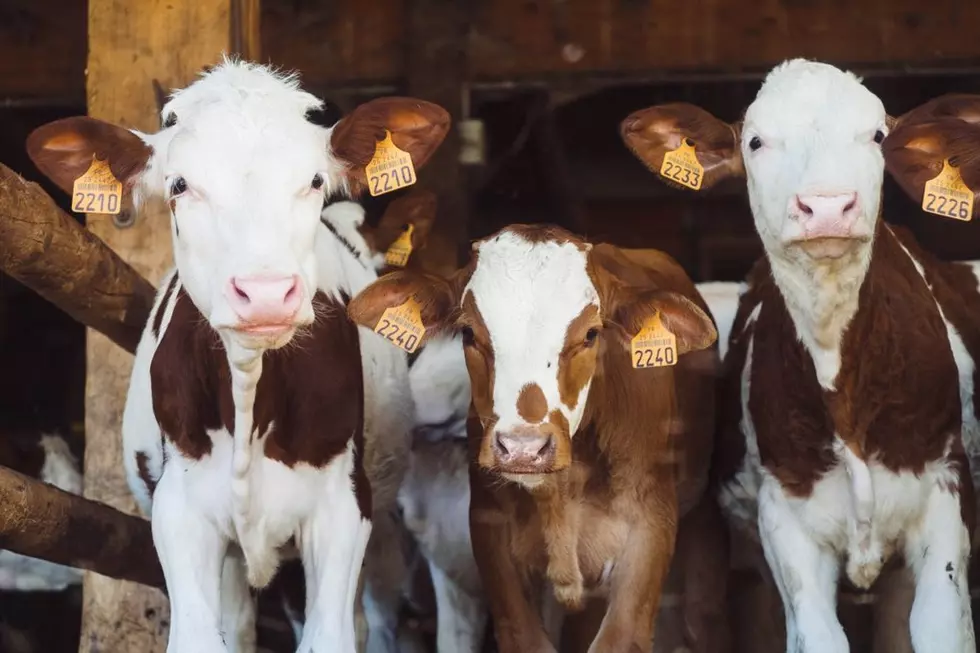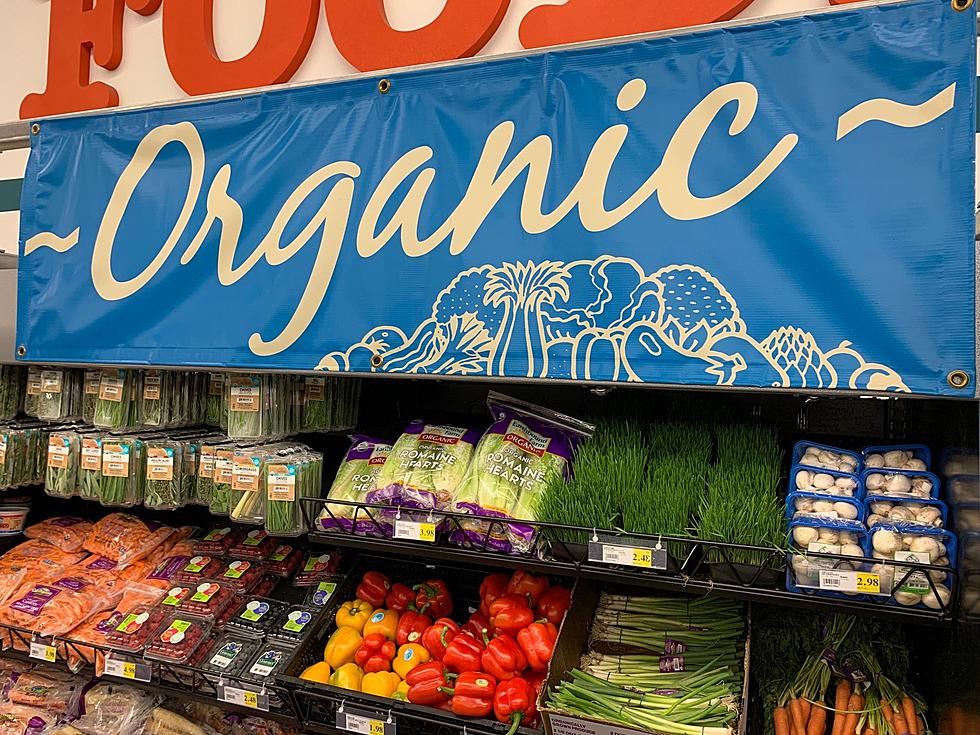
Supporters: Proposed Legislation Will Provide Certainty For Organic Growers
Late last week, a host of lawmakers including central Washington’s Dan Newhouse and western Oregon’s Peter DeFazio introduction legislation they say will improve the federal process for the oversight of organic standards. Supporters says the Continuous Improvement and Accountability in Organic Standards Act [the CIAO Act] will establish a new framework for advancing organic standards, improving oversight and enforcement of new rules and guidance while clearing regulatory red tape that has hampered innovation within the industry. Organic is a voluntary regulatory program for farmers and businesses who choose to meet strict federal standards in order to market their products under the USDA organic seal.
Supporters of this legislation say the current rules, overseen by the USDA, stifle innovation. Over the past 20 years, industry has advanced, by consensus, 20 recommendations to USDA to improve organic standards, yet USDA has not completed rulemaking on a single one. The CIAO Act they say will help industry advance organic standards and allow the USDA Organic Program to meet the growing consumer and environmental demands on our food system.
“Central Washington organic growers should not be kept in regulatory limbo. I'm sponsoring the Continuous Improvement and Accountability In Organic Standards Act so that USDA is required to clear the backlog of recommendations to improve our organic standards,” said Representative Dan Newhouse. “As a Co-Chair of the House Organic Caucus, I represent the highest number of USDA-certified organic farmers, ranchers, processors, and distributors in Washington state and the fourth highest in the country. It's imperative that we provide our organic growers certainty and help spark further innovation and improvement within the organic industry.”
“Consumers trust that when they buy food marketed as organic, it meets a high standard approved by the USDA,” said Representative Peter DeFazio. “But federal bureaucracy for the past twenty years has gotten in the way of improvements supported by the organic sector, inhibiting innovation in the industry. I’m proud to introduce legislation that will help improve transparency and accountability at the USDA as it considers regulations strongly supported by the industry. It’s time for USDA to cut the red tape, expeditiously act, and allow improvements that both the industry and consumers demand.”
“Each year, more and more consumers are choosing products with the USDA Organic label, yet producers are held back from fully meeting the demand for organic products due in part to slow rule-making at the USDA,” said Representative Rodney Davis. “Our bipartisan legislation will clear the backlog of rule recommendations from the National Organic Standards Board and speed up and improve rule-making in the future. As a Co-Chair of the House Organic Caucus, I’m proud to support legislation like this that cuts red tape and ensures federal regulators aren’t inhibiting a growing industry like organic.”
"As co-chair of the bipartisan House Organic Caucus, I'm committed to supporting the future of organic agriculture and working to meet the needs of organic farmers across Wisconsin and the nation," said Representative Ron Kind. "This legislation will take necessary steps to ensure our organic farmers can continue to succeed and innovate for generations to come."
“Unfortunately, it’s been way too long since the USDA updated its standards that America’s certified organic producers are required to follow for growing and selling their crops,” said Representative Jimmy Panetta. “Our legislation would mandate the USDA to modernize and maintain its federal organic standards so that farmers can keep up with the 21st century marketplace. As the representative of nearly 500 certified organic operations on the central coast of California, I’m proud to co-lead this legislation to help our local organic agriculture industry innovate and thrive.”
“For far too long, organic producers have been waiting for the Department of Agriculture to move forward with numerous consensus recommendations to improve organic standards and protect the integrity of the organic label,” said Representative Chellie Pingree. “As an organic farmer and Co-Chair of the House Organic Caucus, I am proud to support this bill to hold the USDA accountable so we can continue to move the National Organic Program forward.”
The CIAO bill lays out a road forward for organic through three main areas:
- Clearing the backlog of recommendations. The bill requires USDA to issue an Organic Improvement Action Plan comprised of the backlog of industry recommendations put forward by the advisory body the National Organic Standards Board (NOSB) that have not been implemented. The plan must include detailed timelines, prioritization, and implementation plans for dealing with each recommendation.
- Establishing a new framework for advancing future organic standards. When the National Organic Standards Board passes a recommendation that is supported by the majority of the board, the bill requires USDA to issue a final rule implementing the recommendation within two years.
- Improving oversight and ensuring consistent enforcement. The bill requires USDA to report annually to Congress on whether accredited third-party certifiers have implemented new rules and guidance, and identify any inconsistencies found.
If you have a story idea for the PNW Ag Network, call (509) 547-1618, or e-mail gvaagen@cherrycreekmedia.com
More From PNW Ag Network









